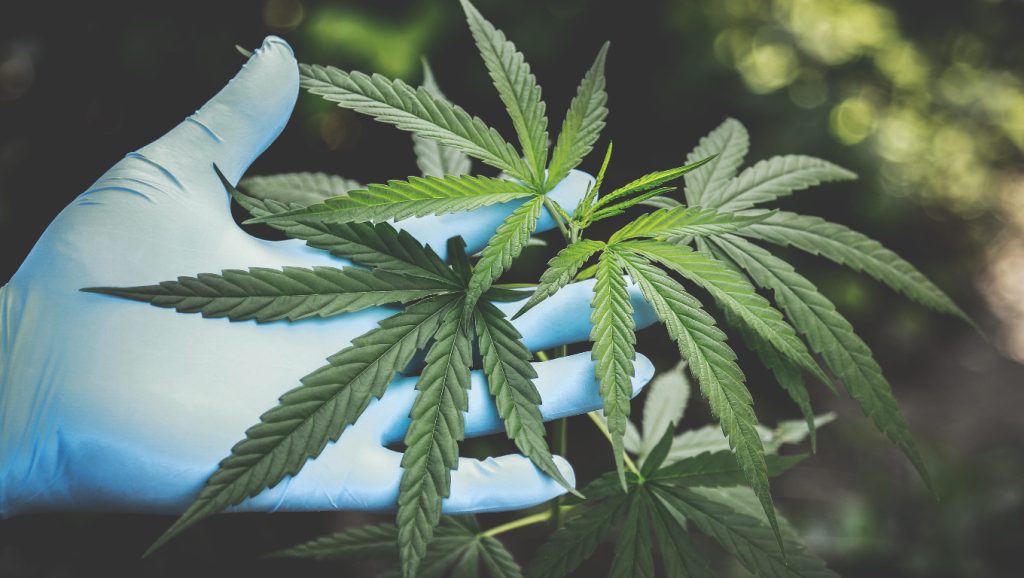The administration of United States President Joe Biden has formally proposed the reclassification of marijuana as a less hazardous substance, marking a significant departure that aligns federal policy more closely with public sentiment.
President Biden, in a video statement, emphasised, “No one should be in jail merely for using or possessing marijuana. Period.”
“Far too many lives have been upended because of a failed approach to marijuana, and I’m committed to righting those wrongs.” he added.
Since 1970, marijuana has been categorised as a Schedule I drug under the Controlled Substances Act (CSA), alongside substances like heroin, ecstasy, and LSD, denoting its lack of accepted medical utility and a high potential for abuse.
Under the proposed revision, it would be reclassified as a Schedule III drug, akin to drugs such as ketamine and certain painkillers containing codeine, with a moderate to low likelihood of dependency.
The Biden administration unveiled the proposal to reclassify cannabis at the end of April, with the Justice Department formally commencing the process on Thursday. However, marijuana will remain a controlled substance until the entire process, including a public comment period and a potential judicial hearing, concludes.
In 2022, President Biden initiated the first federal review of marijuana policy by a sitting president. This issue holds significant political weight for Biden, particularly as he faces a challenging re-election contest against Republican Donald Trump this November, especially among younger demographics, whom the Democratic incumbent aims to attract.
According to a Pew Research Centre survey, 88 percent of Americans support the legalisation of marijuana for either medical or recreational purposes, with only 11 percent opposing its legalisation entirely.
The federal prohibition of cannabis dates back to 1937, a decision often criticised for its racially motivated underpinnings, associating the drug with jazz music and Mexican immigrants.
The subsequent “War on Drugs” in the 1970s disproportionately targeted minority communities. However, the tide began to turn with the emergence of the medical marijuana movement in the 1990s, followed by the legalisation of recreational cannabis in several US states starting in 2012.
Despite its legalisation in over half of all US states, including major states like California and New York, marijuana’s federal classification poses numerous challenges. These include limited access to banking services for businesses, a halt in federal funding for medical marijuana research, restrictions on interstate commerce, and federal oversight regarding marijuana protocols and best practices.

